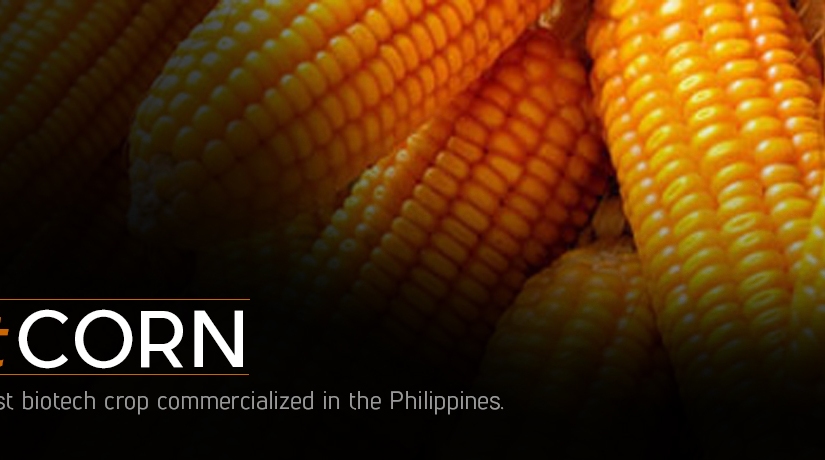By Melody M. Aguiba
Production of biotechnology crops in the Philippines fell heftily by 21% to 642,000 hectares due to the proliferation of counterfeit Bt corn seeds that had taken up an estimated 10% of the market for registered seeds.
The International Service for the Acquisition of Agribiotech Applications (ISAAA) reported that while biotechnology area globally sustained growth by 3% to 189.8 million hectares, the local market fell as seven companies are reportedly involved in fake seed production.
Yet, the Philippines is still now one of world’s largest biotechnology producer at thirteenth place.
Monsanto, the pioneer biotechnology developer of Bt corn, the only genetically modified (GM—or biotechnology) crop commercialized in the country, is continuing to seek Department of Agriculture’s (DA) assistance in stopping fake seeds production.
“Under the regulations, only registered seeds may be distributed to the market. Presence of counterfeit seeds is a disincentive to technology developers that have put in their investments,”said Gabriel O. Romero, Monsanto regulatory affairs chief, said in a press briefing.
Aside from the concern on fake seeds, ISAAA Vice Chairman Paul S. Teng said governments, especially developing countries like the Philippines, should improve other regulations in GM crops.
One major concern is the need to speed up approval of biotechnology crops in order to arrest opportunity losses placed at cost of $1.5 trillion by 2050 in low and lower middle income countries.
“Governments are concerned on the safety, access and profitability of biotech crops, as well as local interests on biodiverisity protection and trade competitiveness. Hence, regulations become stringent which stifle access of farmers to the technology and its economic benefits,” noted ISAAA.
“Suppression of the technology in Africa is equal to $2.5 billion from 2008 to 2013. Delays in Golden Rice release in India alone costs $199 million per year. This is in the form of health costs. This is also hurting education because health is most important for learning in early childhood. It impacts cognitive development,” Teng said.
The non-adoption of Bt eggplant in India is costing it $500 million per year.
Biotechnology crops commercialization approval have slowed under certain conditions as some sectors fear an adverse effect on health and the environment as genes are transferred from one species to another under GM.
Breeding experts asserted though that GM has extremely strict regulatory policy especially in the Philippines where GM crops go through scrutiny for adverse health effects like allergenicity and toxicity. These also go through testing on effects to the environment and biodiversity and substantial equivalence (comparison to non-GM crops in nutrient content).
Teng stressed that benefits to ecosystem of GM crops is huge with 183 million hectares saved from destruction due to higher yield from these crops that require a smaller area for a bigger yield.
GM crops have also cut carbon dioxide emission equivalent to 16.7 million cars off the road. There is also a reduction of use of insecticides-pesticides by 18.4% from 1996 to 2016.
.
Moreover, gains of farmers have grown by $186.1 billion in the form of increased yield and income largely from Bt corn, GM soybean, Bt cotton. These have helped 16 to 17 million small farmers globally and their families totaling 65 million.
Teng also cited opportunity costs of non-adoption of biotech canola in Australia is estimated at $377.9 million.


